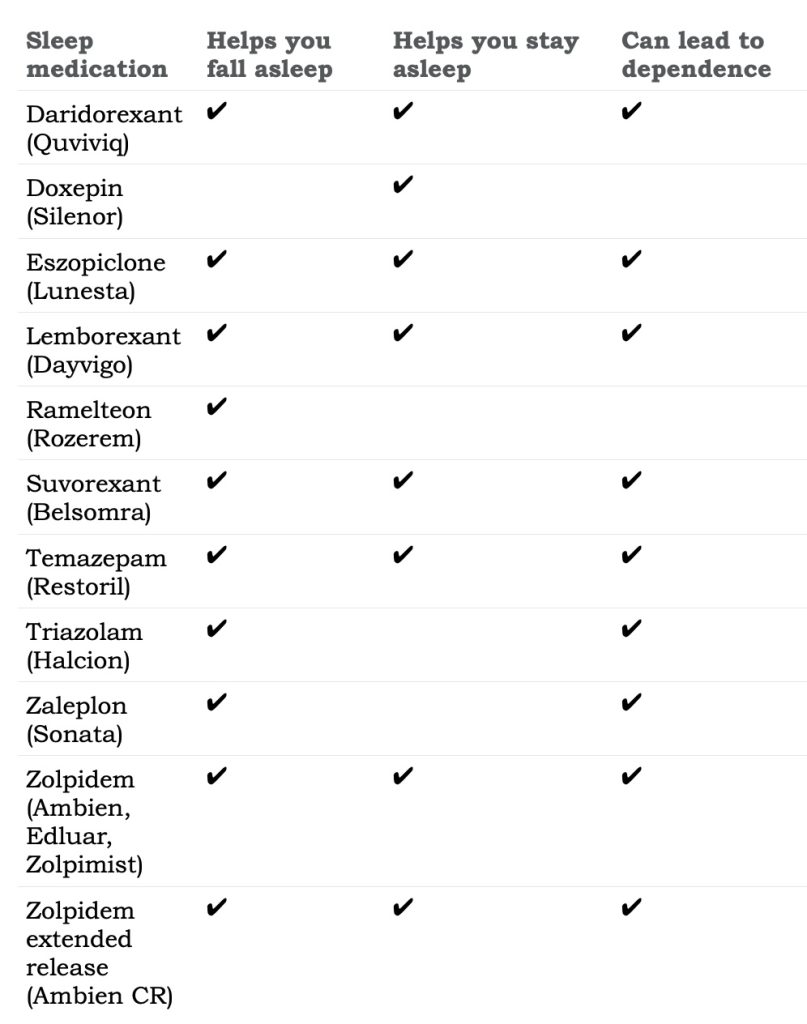The amendments to the double taxation avoidance settlement between India and Mauritius are geared toward dissuading tax avoidance, imagine consultants, however word that there stay some areas of ambiguity, particularly with reference to its applicability.
“The latest Protocol to the India-Mauritius DTAA, which includes the Principal Goal Check (PPT), represents a transfer by India to align with world efforts towards treaty abuse, notably below the BEPS Motion 6 framework. The introduction of the PPT goals to curtail tax avoidance by guaranteeing that treaty advantages are solely granted for transactions with a bona fide goal,” stated Rakesh Nangia, Chairman, Nangia Andersen India.
Moreover, the omission of the phrase “for the encouragement of mutual commerce and funding” within the treaty’s preamble suggests a shift in focus in the direction of stopping tax evasion over selling bilateral funding flows. This improvement underscores India’s dedication to worldwide tax cooperation requirements whereas elevating essential concerns for buyers leveraging the India-Mauritius hall.
He, nonetheless, famous that the appliance of the PPT to grandfathered investments stays ambiguous, highlighting the necessity for express steerage from the Central Board of Direct Taxes.
“Given the potential implications for buyers, it’s important to watch for any official bulletins or clarifications from the CBDT on this matter. Tax professionals and buyers might want to rigorously analyze the amended DTAA’s textual content and any steerage issued by the Indian authorities to grasp the complete affect of those modifications on their investments and tax planning methods,” he stated.
The Mauritius Cupboard had in February this yr authorized the anti-abuse provisions within the DTAA they usually had been signed by the 2 international locations in March. Throughout the three-day state go to of President Draupadi Murmu to Mauritius in March this yr for delegation-level talks with Prime Minister Pravind Jugnauth of Mauritius, the 2 leaders had witnessed alternate of 4 agreements together with the protocol to amend the India-Mauritius Double Tax Avoidance Settlement (DTAA) to make it compliant with Base Erosion and Revenue Shifting (BEPS) Minimal Requirements.
The textual content of the protocol has now been made public. The official notifications are anticipated to observe quickly, consultants stated.
Saurrav Sood, Follow Chief – Worldwide Tax and Switch Pricing at SW India famous that the final modification to the treaty occurred in 2016, the place in capital positive aspects advantages had been taken away from the treaty between India – Mauritius.
On this latest modification, India has amended the preamble of the treaty to exclude encouragement to mutual commerce and funding and embody the intention of not offering treaty profit which creates a scenario of lowered taxation or non-taxation. “This can be a paradigm shift within the applicability of the treaty provisions to conditions that in any other case had been the idea of deciding in favour of the taxpayer within the judgement of Azadi Bachao Andolan by the Indian Supreme Court docket,” he stated.
The modification additionally provides in it a brand new Article 27B, which is nothing however a duplicate of the Precept Goal Check which emanates from BEPS Motion Plan 6, Sood additional stated, including that with this Article in place, the invoking of treaty provisions to transactions, which had been designed to profit from grandfathering provisions now additionally comes below scanner for the reason that Protocol appears to have a retrospective impact, not like the amendments which had been undertaken in 2016.
“With these modifications in place, one can say that the Authorities of India is expressive in its intention to dissuade tax planning or tax avoidance actions and needs the investments to come back to India by means of residence international locations immediately,” he stated.













